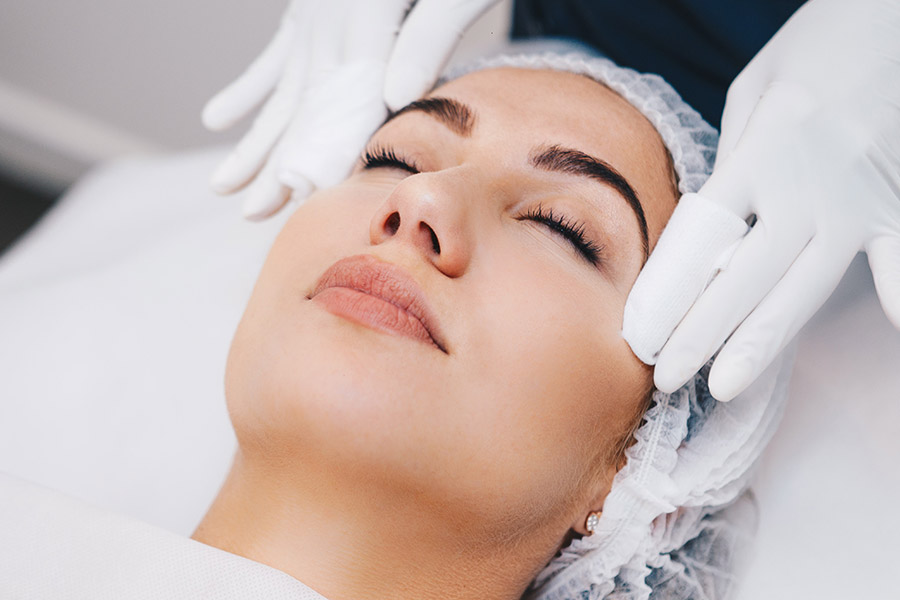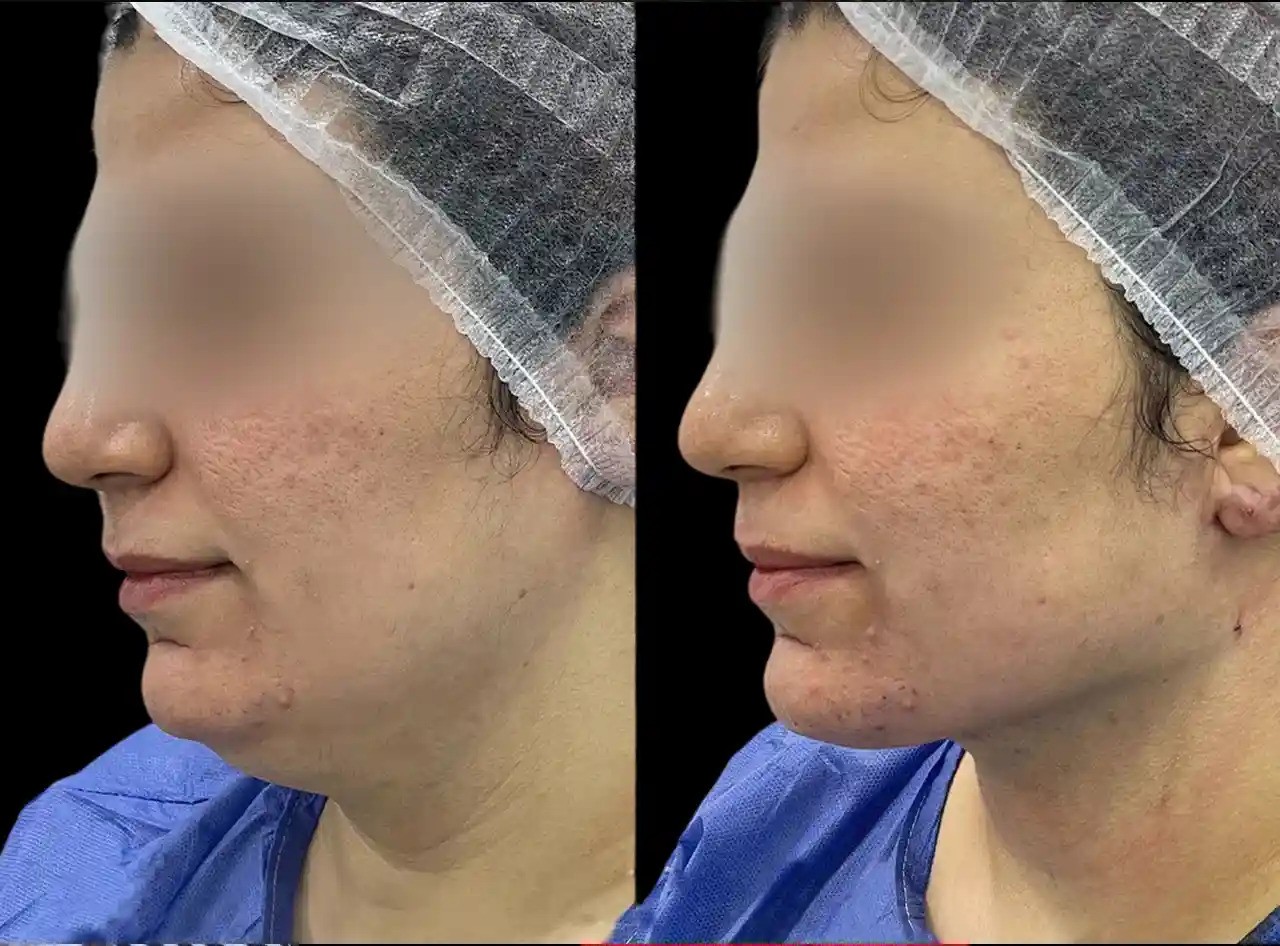
Melasma is a complex skin condition that causes dark, blotchy patches, usually on the face. While many people seek melasma treatment(علاج الكلف ) in Dubai to achieve a clearer complexion, it’s not uncommon for melasma to return even after several rounds of treatment. This recurrence can be frustrating and disheartening. So, why does it keep coming back?
Understanding the Nature of Melasma:
Melasma is a chronic skin condition influenced by multiple internal and external factors. These include:
-
Hormonal fluctuations (pregnancy, birth control, menopause)
-
Sun exposure
-
Heat and light exposure (including visible light)
-
Skin inflammation or irritation
-
Genetics
Because these factors are often ongoing or unavoidable, melasma has a high tendency to recur.
Why Melasma Is Particularly Persistent in Dubai?
Dubai’s climate can make melasma more difficult to manage. With year-round sunshine, high UV index, and intense heat, the skin is constantly exposed to environmental triggers. Even a few minutes of unprotected sun exposure can stimulate melanin production, causing dark patches to reappear.
Common Reasons Melasma Returns After Treatment:
Inadequate Sun Protection:
Sun exposure is the leading cause of melasma recurrence. Many people underestimate how easily UV rays can reactivate pigmentation—even on cloudy days or through windows.
Heat Exposure:
It’s not just sunlight that matters. Heat itself can stimulate melanocytes (pigment-producing cells) to overproduce melanin. In hot climates like Dubai, exposure to high temperatures from outdoor activities, saunas, or even cooking can contribute.
Hormonal Changes:
Hormones play a major role in melasma development. If you’re taking hormonal medications, or experiencing pregnancy or menopause, you may see patches return regardless of how effective the initial treatment was.
Inconsistent Aftercare:
Post-treatment care is vital. Skipping sunscreen, using irritating skincare products, or neglecting follow-up can quickly undo your progress.
Choosing the Wrong Treatment:
Not all melasma cases are the same. If the treatment was too aggressive or not well-suited to your skin type, it may have caused irritation, leading to rebound pigmentation.
Lack of Maintenance Plan:
Melasma is not a one-time issue. Without a long-term strategy, including maintenance treatments and preventive measures, it’s likely to come back.
Strategies to Prevent Melasma from Coming Back:
Use High-Quality Sun Protection Daily:
Choose a broad-spectrum sunscreen with SPF 50 or higher. Apply it generously and reapply every two hours, especially when outdoors. Consider physical sunscreens with zinc oxide or titanium dioxide for better protection.
Protect Your Skin from Heat:
Limit time spent outdoors during peak heat, usually from 10 AM to 4 PM. Stay in shaded or air-conditioned spaces when possible, and avoid hot showers or steam rooms immediately after treatment.
Follow a Consistent Skincare Routine:
Use gentle, non-irritating products designed for sensitive skin. Brightening agents like niacinamide or vitamin C may help maintain even tone. Avoid scrubs and alcohol-based toners that could irritate your skin.
Manage Hormonal Triggers:
If you suspect that hormones are affecting your melasma, speak to a healthcare provider about potential adjustments to medications or lifestyle changes that could help manage imbalances.
Stick to Maintenance Treatments:
Maintenance doesn’t necessarily mean more aggressive treatments. It can include topical creams, occasional facials, or seasonal light-based therapies to keep pigmentation under control.
Frequently Asked Questions:
Is melasma curable?
Melasma is not considered curable, but it is manageable. With consistent care and lifestyle changes, its appearance can be significantly reduced.
How long do results from melasma treatment last?
Results can last for months or even years, depending on how well you protect your skin and adhere to a maintenance routine.
Does wearing makeup affect melasma recurrence?
Makeup itself doesn’t cause melasma, but some products with fragrance or alcohol can irritate the skin. Choose gentle, non-comedogenic formulas.
Can melasma disappear on its own?
In some hormonal cases, like post-pregnancy, melasma may fade over time. However, it usually requires intervention to fully improve.
Should I avoid the sun entirely?
Avoiding sun completely isn’t practical, especially in Dubai. The goal is to practice smart sun protection consistently.
Conclusion:
The recurring nature of melasma treatment(علاج الكلف )can be discouraging, especially in sunny, hot environments like Dubai. But understanding the underlying causes—and being proactive with prevention and maintenance—can significantly reduce flare-ups. With ongoing care and awareness, long-term management of melasma is entirely possible, allowing you to enjoy clearer skin and greater confidence.







